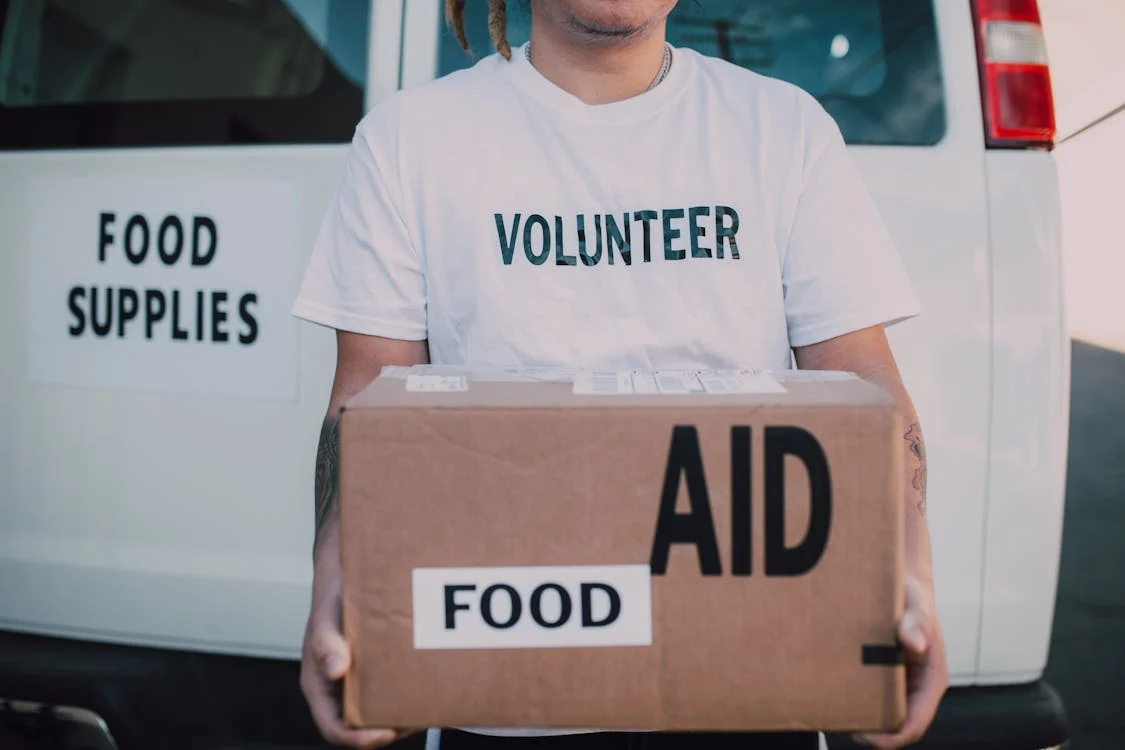Food aid to Gaza falls as Israel sets new rule
Oct 03, 2024
Gaza [Palestine], October 3: Food supplies to Gaza have fallen sharply in recent weeks because Israeli authorities have introduced a new customs rule on some humanitarian aid and are separately scaling down deliveries organized by businesses, people involved in getting goods to the war-torn territory told Reuters.
The new customs rule applies to truck convoys chartered by the United Nations to take aid from Jordan to Gaza via Israel, seven people familiar with the matter said. Under the rule, individuals from relief organizations sending aid must complete a form providing passport details, and accept liability for any false information on a shipment, the people said.
They said relief agencies are disputing that requirement, which was announced mid-August, because they fear signing the form could expose staff to legal problems if aid fell into the hands of Hamas or other enemies of Israel.
As a result, shipments have not been getting through the Jordan route - a key channel in Gaza supplies - for two weeks. The dispute has not affected shipments via Cyprus and Egypt, the sources said.
In a parallel move, Israeli authorities have restricted commercial food shipments to Gaza amid concerns that Hamas was benefiting from that trade, the people familiar with the matter and industry sources said.
U.N. and Israeli government data show that in September, deliveries of food and aid sank to their lowest in seven months.
Israeli's military humanitarian unit, Cogat, which oversees aid and commercial shipments to Gaza, confirmed that no U.N.-chartered convoy has moved from Jordan to Gaza since Sept. 19, but a spokesperson said Israel was not blocking goods.
The spokesperson referred questions about the form dispute to Israel's Ministry of Economy. A ministry spokesperson did not answer Reuters' questions. A spokesperson for the U.N.'s emergency-response arm, the Office for the Coordination of Humanitarian Affairs (OCHA), declined to comment. Cogat did not address specific questions about commercial shipments.
The twin restrictions, which have not been previously reported, have reignited concerns among aid workers that pervasive food insecurity will worsen for the 2.3 million Gazans trapped in the occupied Palestinian territory.
The number of trucks carrying food and other goods to Gaza fell to around 130 per day on average in September, according to Cogat statistics. That is below about 150 recorded since the beginning of the war, and far off the 600 trucks a day that the U.S. Agency for International Development says are required to address the threat of famine in wartime.
Food insecurity has been one of most fraught issues of the war that began after Hamas's Oct. 7 attack on Israel last year. In May, International Criminal Court (ICC) prosecutors asked the court to issue an arrest warrant against Israel's Prime Minister, Benjamin Netanyahu, saying they suspected Israeli authorities had used "the starvation of civilians as a method of warfare."
Israeli authorities have denied this, saying they facilitate food deliveries to Gaza despite challenging conditions. In September, they filed two official challenges to the ICC, contesting the legality of the prosecutor's request and contesting the court's jurisdiction.
Source: Fijian Broadcasting Corporation








